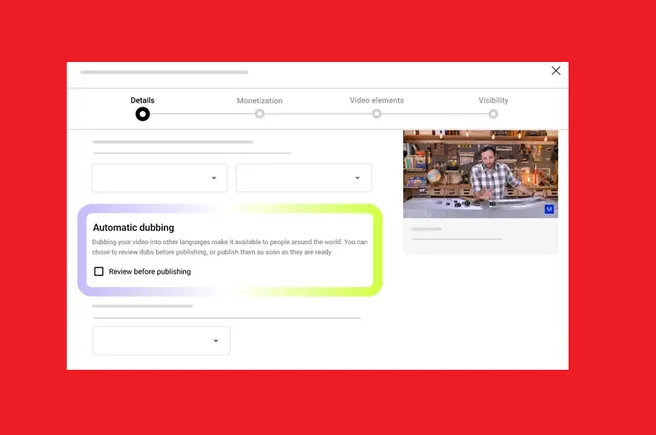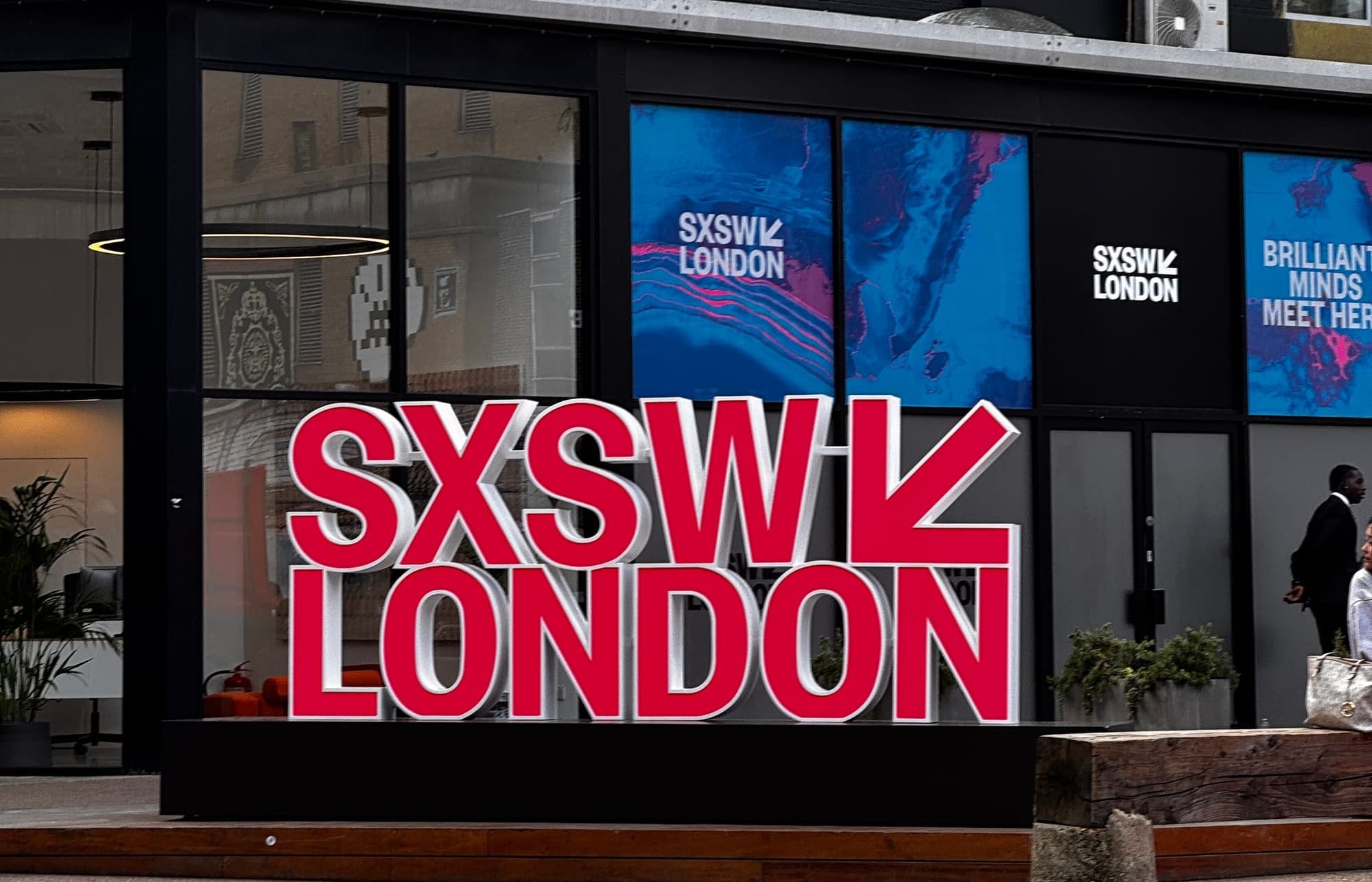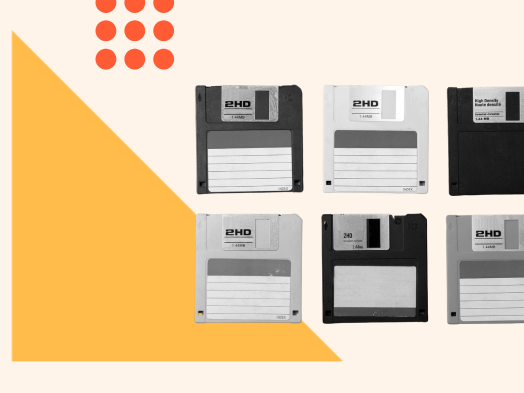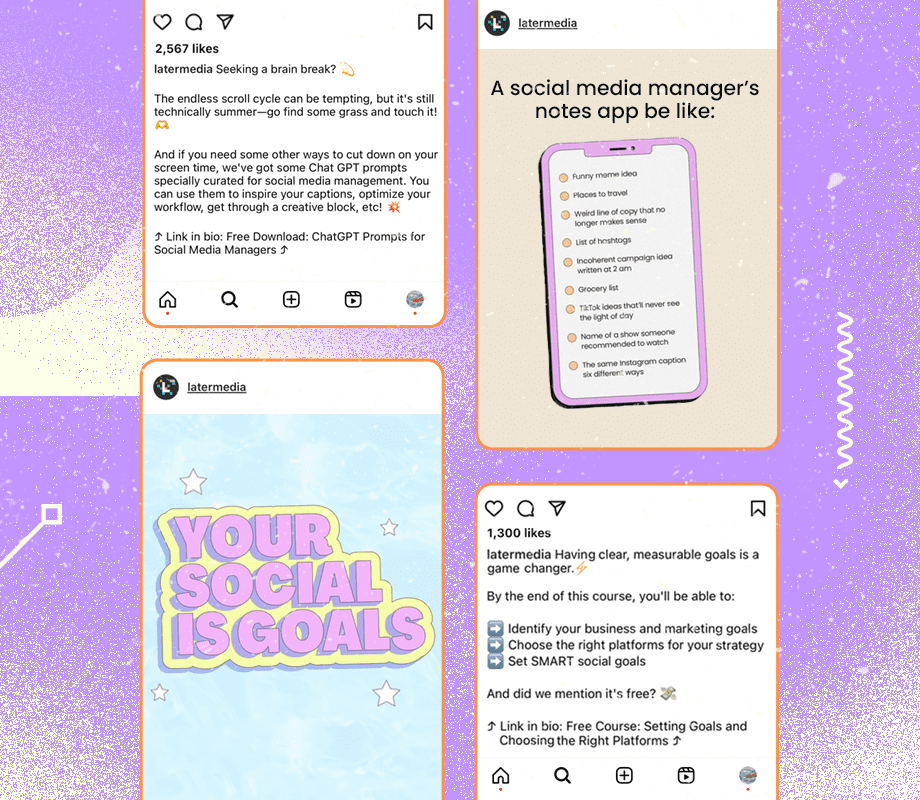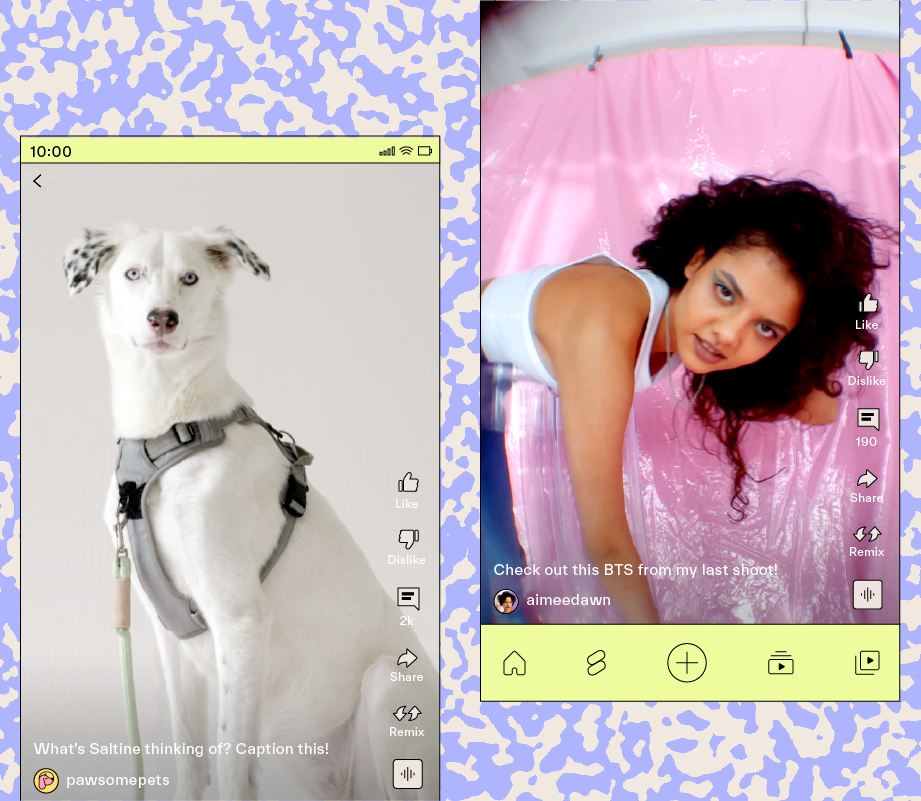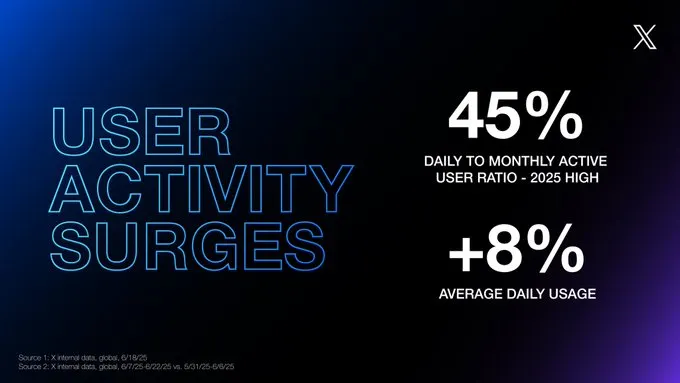What Gen Z expects from their workplaces — and how to talk about it
A study of communicating in an intergenerational workplace. Since time immemorial, older generations have been trying to understand how the generations below them think. It’s no different with Gen Z, but new research has taken a deeper look into what today’s youngest employees want out of their workplace communications and experiences. Boston-based communications consultancy NOVL […] The post What Gen Z expects from their workplaces — and how to talk about it appeared first on Ragan Communications.

A study of communicating in an intergenerational workplace.
Since time immemorial, older generations have been trying to understand how the generations below them think. It’s no different with Gen Z, but new research has taken a deeper look into what today’s youngest employees want out of their workplace communications and experiences.
Boston-based communications consultancy NOVL Strategies published a white paper, “Ready or Not, Here They Come: Understanding and Integrating Gen Z into the Intergenerational Workforce”, which took a deep dive into the concerns, perspectives and communications preferences of young professionals in today’s workplace. The findings showed a generation that preferred less formality and structure in completing their tasks, but that doesn’t mean less effectiveness. In fact, the data revealed that customization of messaging can help each generation’s comms preferences add to the organization’s cultural norms.
The study’s authors were Rachel Gans-Boriskin, pattern and principal at NOVL and Kristina Markos, associate professor and graduate chair of communication at Lasell University. The two spoke with Ragan about their findings and what communicators can take away from their research from an intergenerational comms viewpoint.
“Assumptions about generations fly around constantly at work,” Markos said. “The whole ‘back in my day’ conversation is a great way to create friction.”
Interpersonal connections and the comms role
The best internal communicators are adept at getting their messages across intergenerationally. They know how to break down barriers with their use of both language and channel. The NOVL report revealed that more than 6 in 10 Gen Z employees don’t feel comfortable talking to their colleagues at work, with a further 30% feeling a sense of cultural disconnect from them.
Gans-Boriskin said that internal communicators can work to bridge this gap by viewing intergenerational comms as intercultural comms within an organization.
“This is a generation that has a lot of differences in preference from their colleagues because they grew up in a world that’s curated through algorithms,” she said. “In terms of communication, the younger sets of employees prefer things to be instantaneous.”
She added that, with older generations skewing toward email, written communications, and in-person messaging, communicators can work to bridge the divide by helping coach generations on each other’s preferences.
“With older generations, we have to get them more comfortable using Slack and instant messaging,” Gans-Boriskin said. “With younger generations, we have to get them more comfortable making phone calls, doing face-to-face communication.”
She added that a formalized document with the organization’s preferred communication methods in various situations can help align younger and older employees and unify them with one cultural messaging standard.
“We need clear internal guidelines. For example, we can state the technologies we use for quick questions, which ones we use for big projects and what we use for documentation reasons.”
Including all generations and skill-building
An effective intergenerational comms strategy shouldn’t just focus on how to best incorporate Gen Z into a work culture, but instead should look to find opportunities for natural connection on the job. That’s especially important, as the white paper revealed that 30% of Gen Z employees feel disconnected at work and 43% don’t feel included in the larger company culture by their peers.
Markos said that for internal communications, inclusive comms should be rooted in a desire to bring what each generation has to offer on the job. For Gen Z, part of that is authenticity — the study found that younger employees respond best to both managers and leaders who are genuine. Internal communicators should look to humanize leadership through transparent communication that shows a side of them beyond just their role as a company figure. That can include Q&A sessions with the C-suite or video series diving into more personal sides of leadership to facilitate connection.
“As a society, we’re far too quick to dismiss the experiences of others,” Markos said. “Communicators need to be on the front lines, not just encouraging conversation between these groups but going the extra mile and facilitating them.
Additionally, internal comms can serve as a critical conduit for upskilling younger employees. The white paper showed that 86% of Gen Z workers want in-person events to upskill and network with their colleagues, and a further 65% want communications workshops in their organization to help them become better peer-to-peer communicators. In addition, Gen Z wants to see managers who are able to relate to them to, with trust and support leading the way in traits younger employees want from their managers.
Gans-Boriskin said that while authenticity may mean different things to different generations, comms pros and leaders can set standards by laying out expectations clearly. On top of that, internal comms pros can work with managers and leaders to determine how to create messaging that gets the most out of each generation, whether that’s changing language or channel choice.
“Although there’s a cultural clash in the workforce, curating communication that leads to a better understanding of different generations can help unify everyone under one banner,” she said.
Sean Devlin is an editor at Ragan Communications. In his spare time he enjoys Philly sports and hosting trivia.
The post What Gen Z expects from their workplaces — and how to talk about it appeared first on Ragan Communications.
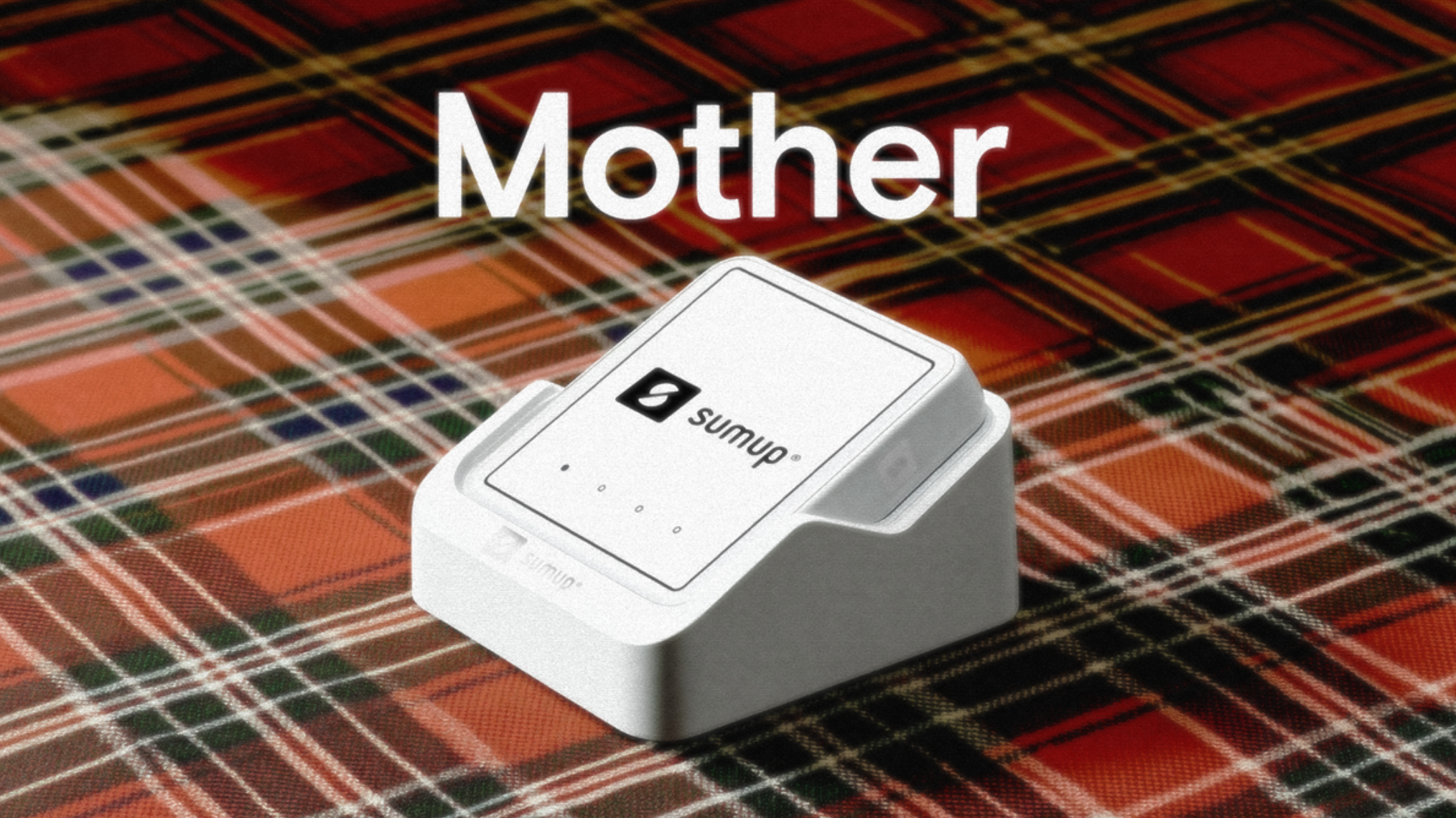












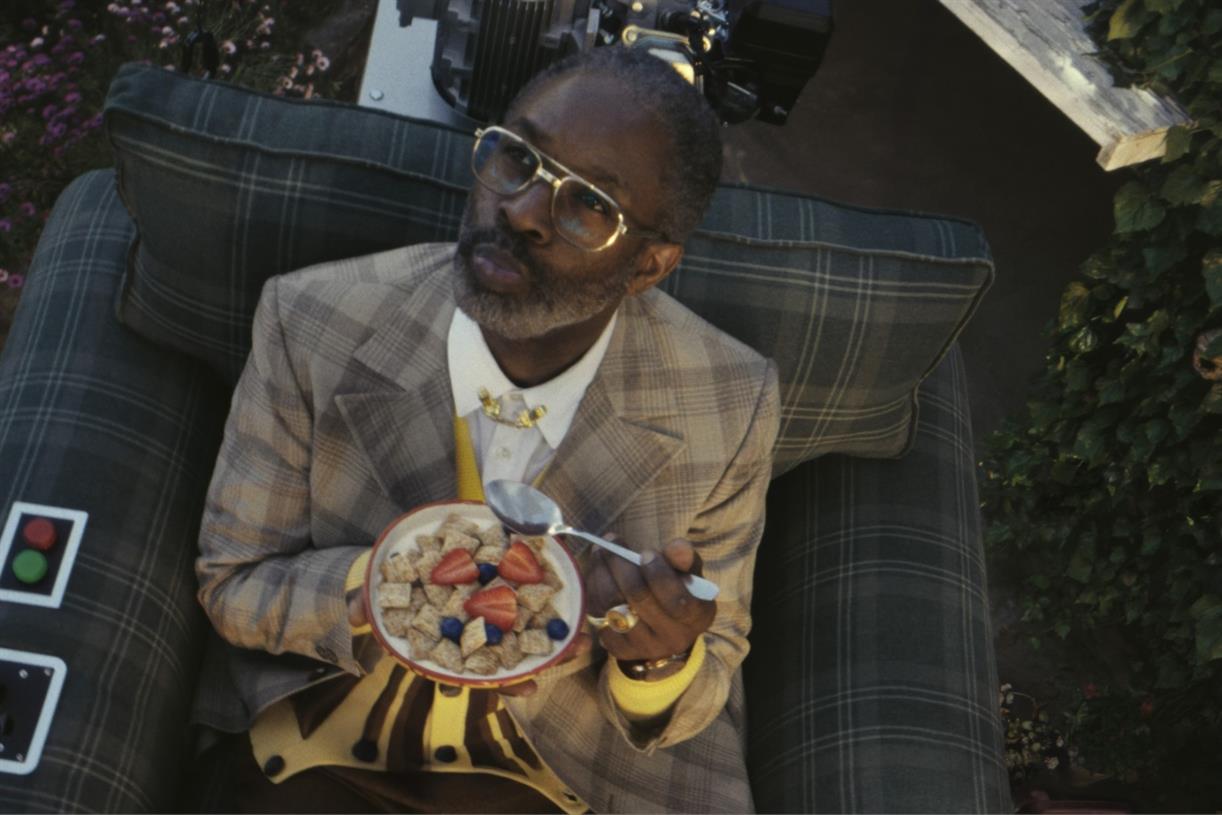
_1.jpg)


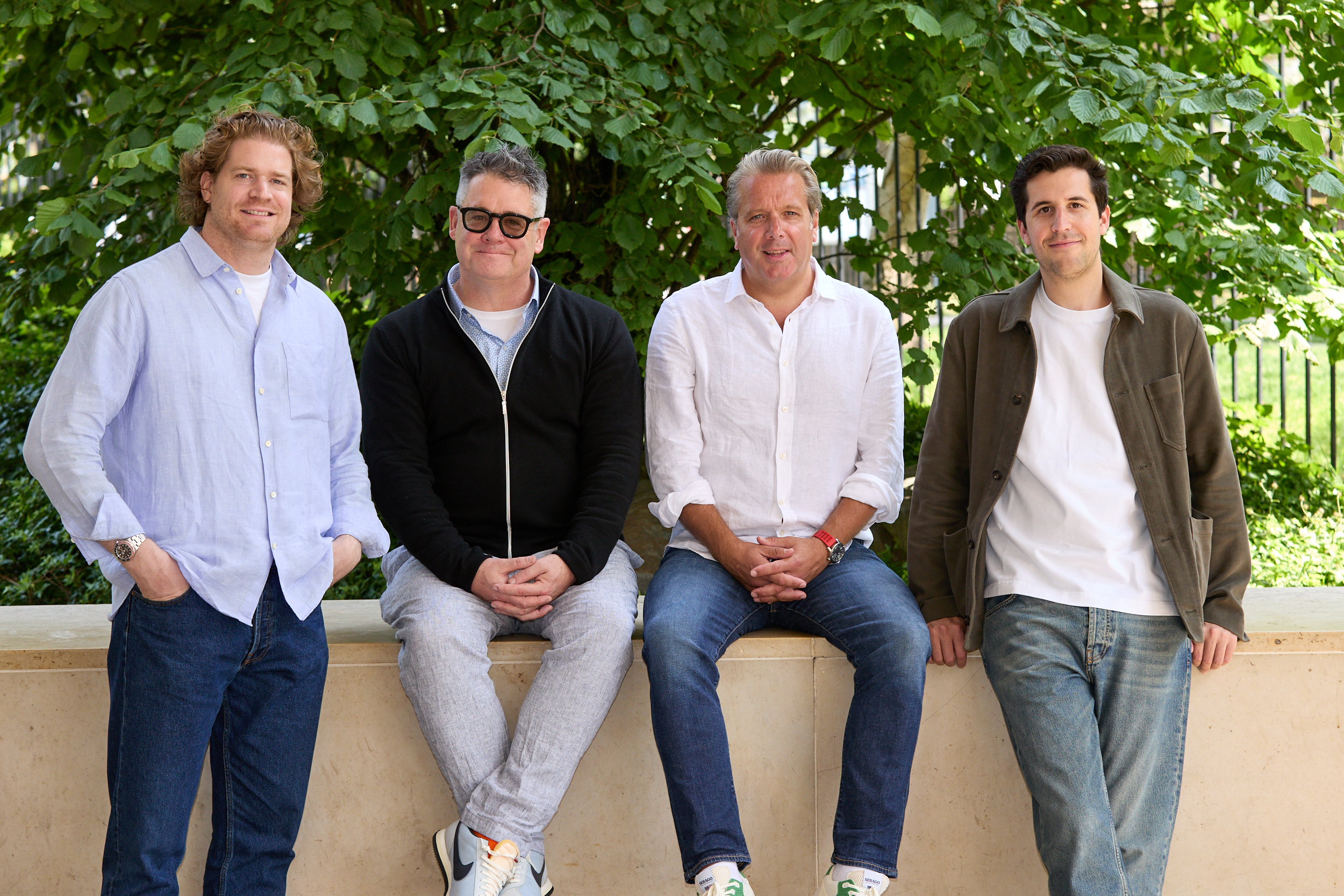





![How To Drive More Conversions With Fewer Clicks [MozCon 2025 Speaker Series]](https://moz.com/images/blog/banners/Mozcon2025_SpeakerBlogHeader_1180x400_RebeccaJackson_London.png?auto=compress,format&fit=crop&dm=1750097440&s=282171eb79ac511caa72821d69580a6e#)

![Brand and SEO Sitting on a Tree: K-I-S-S-I-N-G [Mozcon 2025 Speaker Series]](https://moz.com/images/blog/banners/Mozcon2025_SpeakerBlogHeader_1180x400_LidiaInfante_London.png?auto=compress,format&fit=crop&dm=1749465874&s=56275e60eb1f4363767c42d318c4ef4a#)









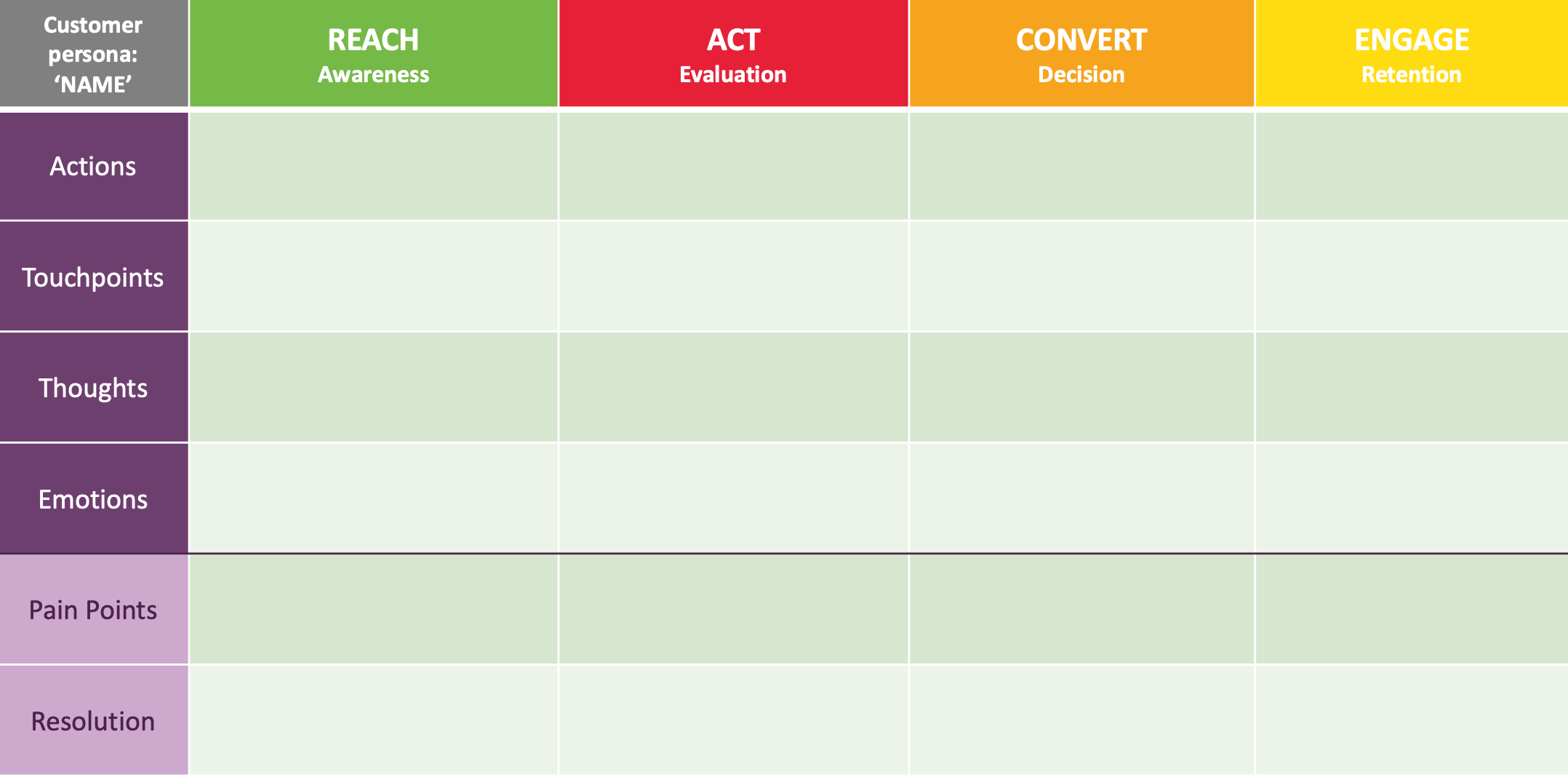















![The 11 Best Landing Page Builder Software Tools [2025]](https://www.growthmarketingpro.com/wp-content/uploads/2024/04/best-landing-page-software-hero-image-1024x618.png?#)











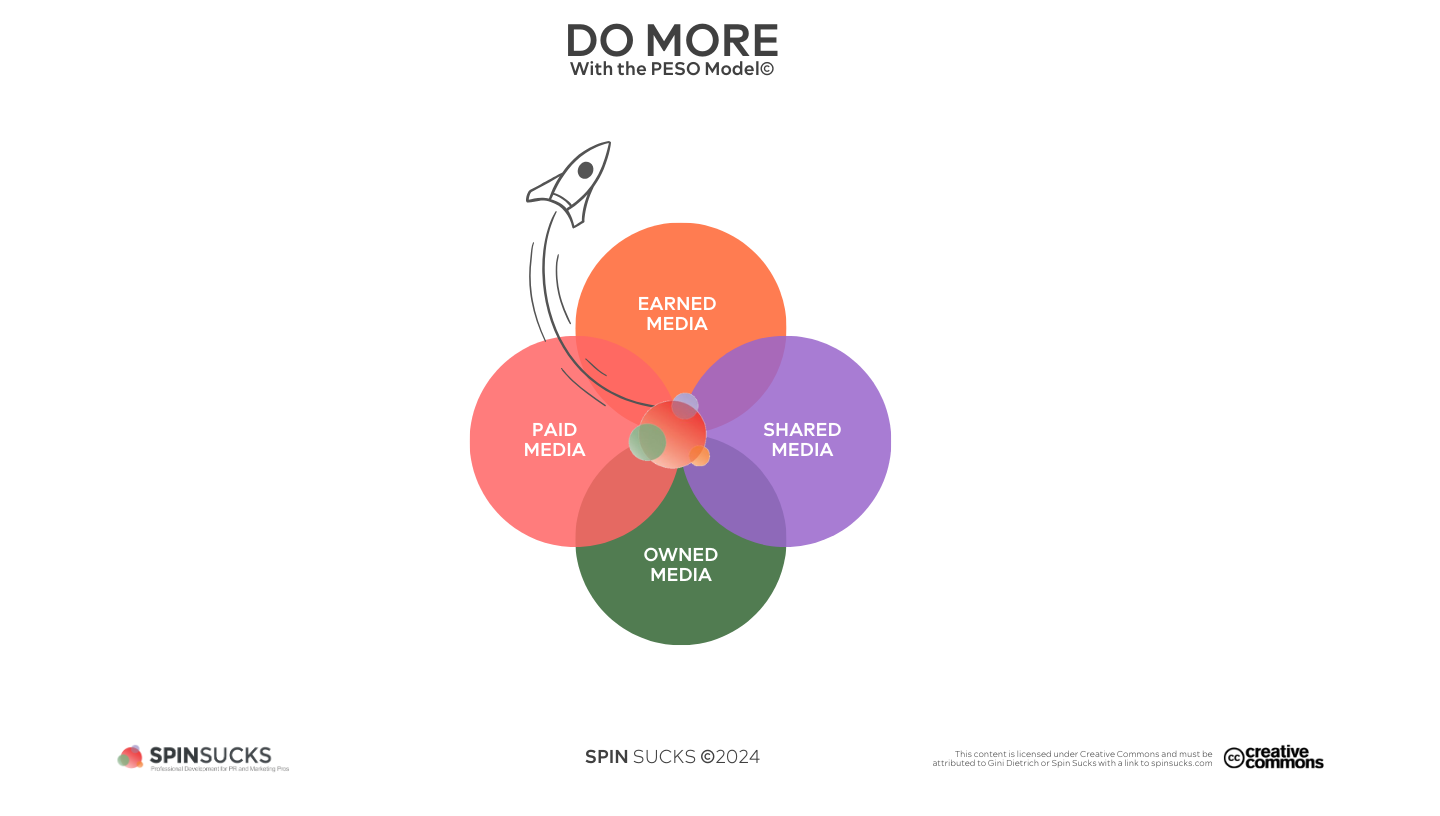





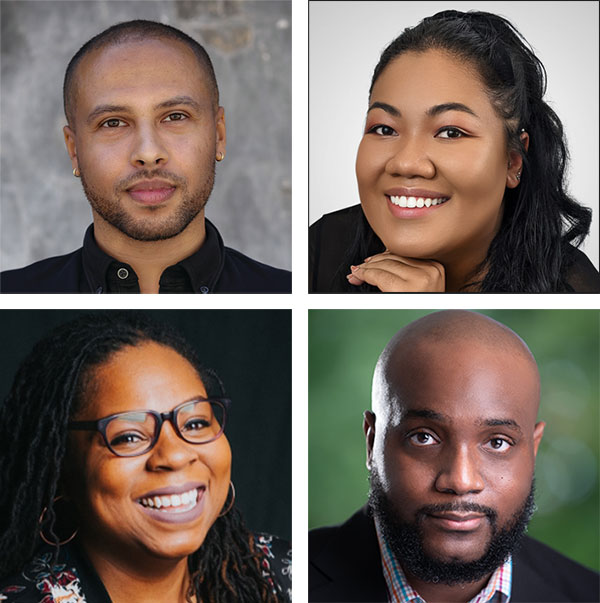
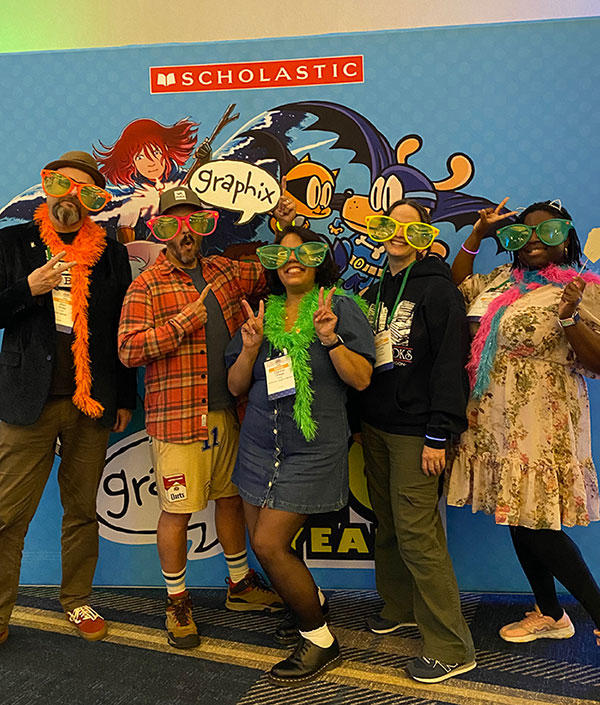
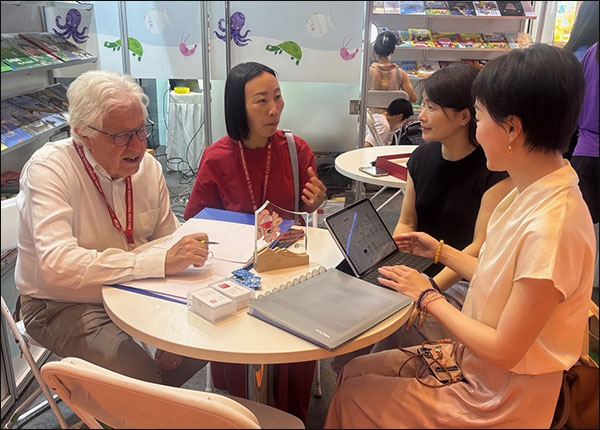





















![How to Create an SEO Forecast [Free Template Included] — Whiteboard Friday](https://moz.com/images/blog/banners/WBF-SEOForecasting-Blog_Header.png?auto=compress,format&fit=crop&dm=1694010279&s=318ed1d453ed4f230e8e4b50ecee5417#)




![What Is a Markup Language? [+ 7 Examples]](https://static.semrush.com/blog/uploads/media/82/c8/82c85ebca40c95d539cf4b766c9b98f8/markup-language-sm.png)








